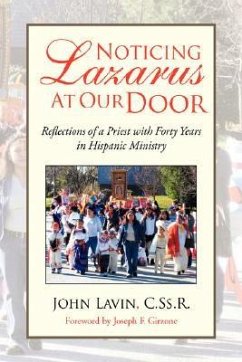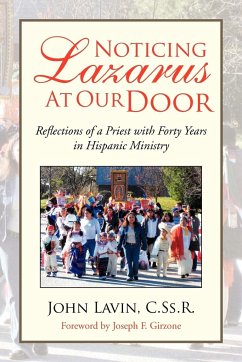A Just Immigration Law, An Impossible Dream? After the November 2006 elections, there was hope that the new Democratic controlled Congress would join with President Bush to give the country a bipartisan and fair immigration bill. However, a New York Times editorial wondered if political interests were stronger than the will of our government to do what is right for immigrants and the country as a whole: "Immigration remains a high-voltage issue that Congress may be too timid or distracted to touch." 16 Unhappily the editorial proved to be accurate. The U.S. Senate defeated the legislation in July, 2007. Immigrants and their supporters are not marching and demonstrating with the same fervor and sense of empowerment in 2007 as in 2006. However, we are learning a lesson from the loss in the Senate. We will continue to plan, gather resources, take action, and challenge both federal and local governments to recognize the positive contributions of immigrants, both documented and undocumented, to the greatness of our country. The goal of undocumented immigrants and their supporters continues to be a joint bill of the Senate and the House that offers a clear path to residency and citizenship for most immigrants without papers. The McCain-Kennedy bill (S.R. 2611) referred to "earned legalization", rather than amnesty. Whatever a just resolution to the immigration debate is called, immigrants themselves must continue to pressure Congress and the White House to come up with a process that will legalize their presence in this country. With regards the Senate, I contacted the office of Senator Edward Kennedy several times. His legislative aids were helpful. Senator John McCain, because of his presidential campaign, left the sponsorship of a new immigration bill in the hands of fellow Republican Senator Jon Kyl. My hope had been that the Senate would pass a carefully crafted bill that would influence their House counterparts to work toward joint legislation. The House was working on legislation similar to McCain-Kennedy in the new Congress. The co-sponsors were Republican Jeff Flake of Arizona and Democrat Luis Gutiérrez of Illinois. I called Congressman Gutierrez' office. I was promised a reply, but never heard from a legislative aide familiar with the proposed bill. Was the failure to reform immigration law rooted in anti-immigrant feelings aroused by the media, especially right wing talk radio? Was the fear of dark skinned people who speak with an accent behind the defeat of the legislation? I heard a remark of one senator who proclaimed: "My office received 'thousands' of calls against the bill, and not one person expressed anti-immigrant feelings!" Hard to believe??? As the 2007-2008 presidential sweepstakes heat up, immigration reform has been swept under the rug. Given the failure of the Senate to pass the bill, candidates for president, both Democrats and Republicans, are leery of taking strong stands in favor of helping undocumented residents. They tend to favor an increase in border security and the deportation of "illegals". Even candidates, considered favorable to the undocumented, see little hope for the passage of immigration reform in the first term of a new president. The Hope that Remains When I worked at St. Michael and St. Patrick in Baltimore, our youth group put on a biblical drama that focused on an immigrant couple's journey from Mexico to the United States. The young woman was pregnant. They were unable to find work, shelter, or medical help for the expectant mother. The play took place in the sanctuary of St. Patrick's. Perhaps idealistically or hopefully from real experience, the Catholic Community of St. Michael and St. Patrick opened its doors to this poor couple. You could hear the cries of the child who was born in the sacristy. The audience then became part of a live Nativity scene as the mo
Hinweis: Dieser Artikel kann nur an eine deutsche Lieferadresse ausgeliefert werden.
Hinweis: Dieser Artikel kann nur an eine deutsche Lieferadresse ausgeliefert werden.








